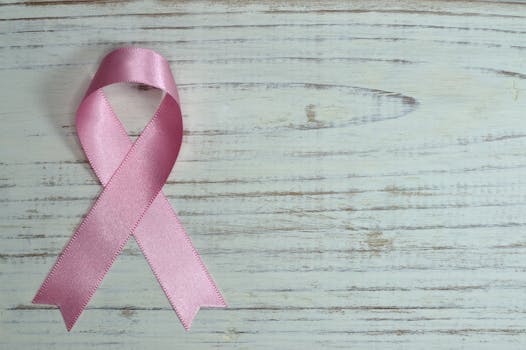
If you suffer with Premenstrual Syndrome, congratulations!
You aren't alone!
You join the ranks of one of the most common complaints from menstruating women. Nearly 85% of women suffer from these hormone changes during THAT time of the month. It's a well known condition but scientists aren't completely sure why it happens. One theory out of Sweden is that for some women, they have a difficult time adjusting to the changes and fluctuations in hormones each month.
You probably don't need an article to explain the symptoms to you, as most women are well acquainted with the trouble PMS can cause, but here's a short list of what you might be feeling. Keep in mind that PMS symptoms are predictable, emotional and physical and happen at the same time each month. If your are feeling these things all the time, or to extremes, that interrupt your daily life, you are dealing with something other than Premenstrual Syndrome and should visit with one of our providers.
- Mood Swings
- Increased Anxiety or Depression
- Irritability
- Difficulty Concentrating
- Food Cravings
- Fatigue
- Sleep issues
- Bloating
- Weight gain/fluid retention
- Acne Flares
- Cramping
Many of these symptoms can be alleviated with simple changes in lifestyle, diet and exercise.
Such as:
- Limit salty food
- Avoid Caffeine and Alcohol
- Choose complex carbohydrates, ie. fruits and vegetables
- Eat smaller, more frequent meals.
- Keep exercising, even when PMS begins
- Find ways to relieve stress
- Get as much sleep as possible
- Massage therapy or Acupuncture
There are other things you can try as well:
- Calcium to help with psychological symptoms and cramping
- Magnesium can reduce fluid retention and bloating
- Vitamin E helps with cramping and breast tenderness
- Antidepressants taken for two weeks during the hormone shifts can help the psychological symptoms.
If you are suffering with PMS, you don't have to suffer half the month alone. If you aren't getting relief from some of these ideas, visit your provider. There are rare times when PMS can escalate to something more serious called Premenstrual Dysphoric Disorder. It's important that you don't self medicate or try to treat it with lifestyle changes. You need immediate medical attention.




















